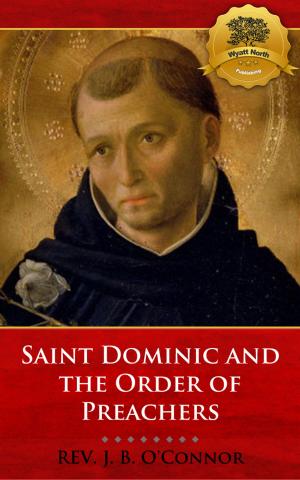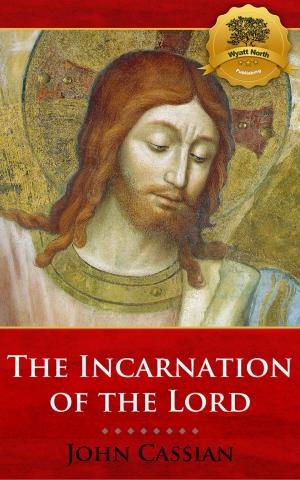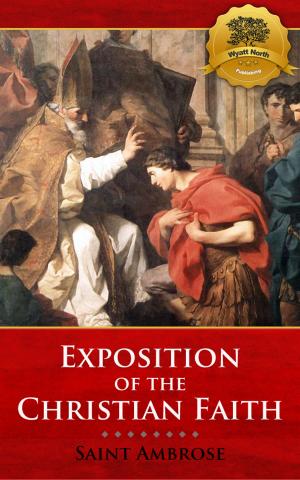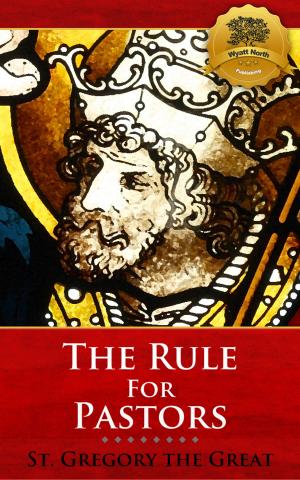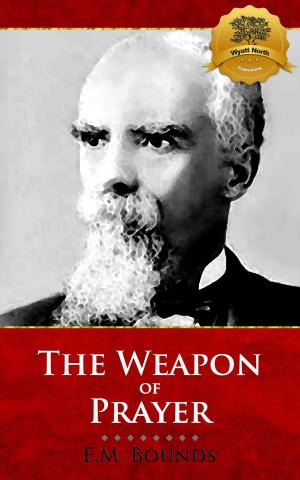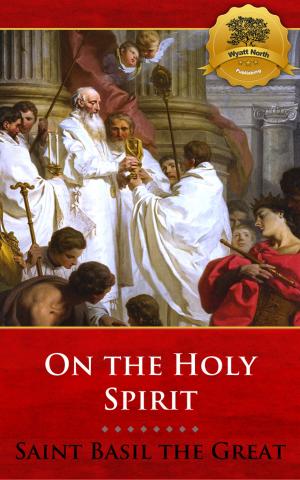Against Heresies and Fragments from the Lost Writings of Irenaeus
Nonfiction, Religion & Spirituality, Christianity, Church, Orthodox Churches, Philosophy, Religious, Denominations, Catholic, Catholicism| Author: | Irenaeus, Wyatt North | ISBN: | 9781622780037 |
| Publisher: | Wyatt North Publishing, LLC | Publication: | March 30, 2012 |
| Imprint: | Language: | English |
| Author: | Irenaeus, Wyatt North |
| ISBN: | 9781622780037 |
| Publisher: | Wyatt North Publishing, LLC |
| Publication: | March 30, 2012 |
| Imprint: | |
| Language: | English |
This book comes complete with a Touch-or-Click Table of Contents, divided by each section. Irenaeus was Bishop of Lugdunum in Gaul, then a part of the Roman Empire. He was an early church father and apologist, and his writings were formative in the early development of Christian theology. He was a hearer of Polycarp, who in turn was a disciple of John the Evangelist. Irenaeus' best-known book, Adversus Haereses or Against Heresies (c. 180) is a detailed attack on Gnosticism, which was then a serious threat to the Church, and especially on the system of the Gnostic Valentinus. As one of the first great Christian theologians, he emphasized the traditional elements in the Church, especially the episcopate, Scripture, and tradition.Irenaeus wrote that the only way for Christians to retain unity was to humbly accept one doctrinal authorityepiscopal councils in union with the bishop of Rome.
This book comes complete with a Touch-or-Click Table of Contents, divided by each section. Irenaeus was Bishop of Lugdunum in Gaul, then a part of the Roman Empire. He was an early church father and apologist, and his writings were formative in the early development of Christian theology. He was a hearer of Polycarp, who in turn was a disciple of John the Evangelist. Irenaeus' best-known book, Adversus Haereses or Against Heresies (c. 180) is a detailed attack on Gnosticism, which was then a serious threat to the Church, and especially on the system of the Gnostic Valentinus. As one of the first great Christian theologians, he emphasized the traditional elements in the Church, especially the episcopate, Scripture, and tradition.Irenaeus wrote that the only way for Christians to retain unity was to humbly accept one doctrinal authorityepiscopal councils in union with the bishop of Rome.


